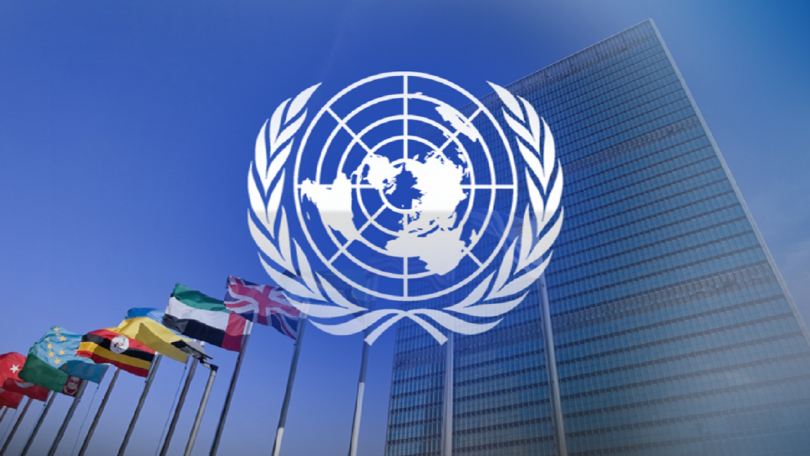Statement by Gennady Kuzmin, Deputy Permanent Representative of Russia to the UN, at the VTC of UNSC members “Briefing of the United Nations High Commissioner for Refugees”
Mr. President,
We welcome the High Commissioner for Refugees Mr.Filippo Grandi and thank him for his briefing.
Assistance to refugees, asylum seekers and stateless persons today is an essential component of the intensive efforts aimed at maintaining international peace, security and stability. We deeply appreciate the effective work of the Office of the United Nations High Commissioner for Refugees (UNHCR) in major humanitarian crisis situations that lead to mass flows of refugees. We support UNHCR's commitment to build up its activities on the basis of the Global Compact on Refugees.
No doubt, the work of UNHCR has always been uneasy, but this year of 2020 brought us all on an unprecedented level of difficulty. The pandemic leaves no completely safe places on the planet, and in the current conditions refugees and IDPs are at most risk now.
In this regard we welcome UNHCR's focus on close cooperation with States with a view to including refugees in national programs to combat COVID-19 and conducting information campaigns among the population. UNHCR's efforts to alleviate the consequences of infection by increasing the supply of humanitarian goods, as well as intensifying efforts to strengthen water supply and sanitation in camps, hospitals and other institutions, certainly deserve a wide support.
We share the concerns regarding the current situation in a number of Middle East and African countries. Camps and reception centers for refugees experience an acute shortage of personal protective equipment and medicines. The health care systems in most host countries are weak and overloaded. And in many instances those countries’ capacity to respond to the pandemic is impeded by unilateral illegal sanctions.
Humanitarian assistance to refugees and IDPs, as well as to the host countries should not be subject to politicization. The High Commissioner clearly said that today. We call yet again for an immediate and complete lifting of unilateral sanctions and other restrictive measures that undermine the capacities of States to deploy an effective fight against the COVID-19 pandemic.
Mr. President,
Despite barefaced efforts to set obstacles, we see positive dynamics with refugees return to Syrian Arab Republic. The initiative to facilitate Syrian refugees’ voluntary return home, launched by Russia in 2018, really shows significant progress. Number of Syrians refugees and IDPs returning to their homes continues to grow and today exceeds 2 million. The UNHCR has a major role in that process and hope that the Office will continue to assist Syrians refugees and IDPs.
Russia supports Syrian government in restoring basic infrastructure such as water and electricity supplies, schools, hospitals and housing. Today a special focus of our actions is the implementation of a complex of anti-epidemic measures to fight COVID-19. Overall, more and more areas of the country are becoming safe for people.
Unfortunately, we have the unresolved humanitarian situation in Rukban camp, where thousands of people are being forcibly held in unacceptable conditions. The lack of qualified medical care, personal protective equipment in complete unsanitary conditions can lead to a sharp outbreak of COVID-19.
Mr. President,
From time to time we hear here, in the Council, stories about mass exodus of people from “tyranny” of government. For example, some colleagues love dearly to refer economic migration from Venezuela in the refugee context. As a matter of fact, now we have the reverse flow – thousands who left the country now rapidly coming back. And the main reason for that is xenophobic attitude in the receiving countries, instigated by the pandemic. As it turns out, now they are indeed “refugees” in its real sense. Moreover, around 90% of all COVID-19 cases in Venezuela belongs to the returnees, who evidently were denied healthcare and exposed to virus in receiving countries.
In conclusion, I would like to once again underscore that Russia will continue contributing to the strengthening of the international refugee protection regime and providing comprehensive support and assistance to UNHCR’s activities, which are vitally important to the millions of people who have been forced to leave their homes.
Thank you.
